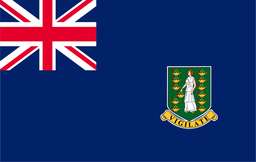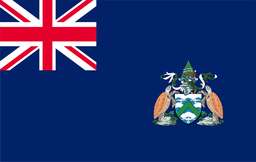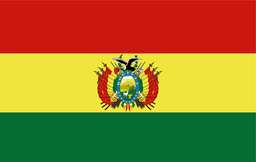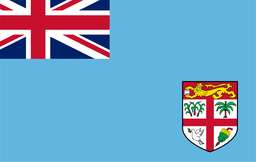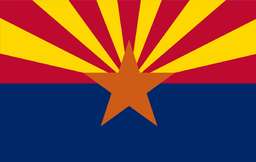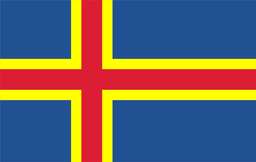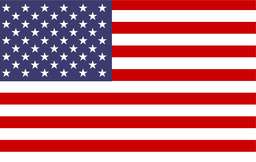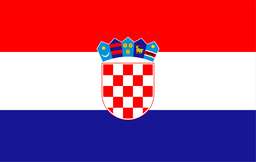Andorra is a small country located high in the Pyrenees Mountains between France and Spain. Despite its size, the history of Andorra is long and unusual. For centuries, it survived between powerful neighbors by maintaining neutrality, strong local traditions, and a unique political system. Andorra’s past is not filled with great empires or major wars, but with careful diplomacy and community cooperation.
From early mountain settlements and medieval agreements to modern statehood and tourism-based growth, Andorra developed a stable identity that allowed it to remain self-governing for hundreds of years.
Geography and Historical Importance
Andorra’s mountainous geography shaped its entire history. The country consists of narrow valleys surrounded by high peaks.
This geography:
- Made invasion difficult
- Encouraged isolation and self-reliance
- Protected local traditions
Because Andorra was hard to reach, it avoided many conflicts that affected nearby regions of Europe.
Early Settlement and Ancient Life
Human presence in Andorra dates back to prehistoric times. Archaeological evidence shows that early settlers lived in mountain shelters and valleys.
Early communities:
- Practiced farming and herding
- Used stone tools
- Adapted to harsh mountain conditions
Life depended on seasonal movement and cooperation.
Roman Influence in the Region
Although Andorra was never a major Roman center, Roman influence reached the area through nearby roads and settlements.
Roman impact included:
- Trade connections
- Cultural influence
- Early administrative ideas
The region remained mostly rural and lightly populated.
Christianity and the Early Middle Ages
Christianity spread into Andorra during the early Middle Ages. Churches became central to village life.
Religion influenced:
- Education
- Social rules
- Community organization
Church records later became important historical sources.
Andorra in the Medieval Period
During the Middle Ages, Andorra became part of feudal systems controlled by local lords and church authorities. The Counts of Urgell played a major role in shaping Andorra’s early political structure.
The Paréage Agreement (1278)
One of the most important moments in Andorra’s history came in 1278 with the signing of the Paréage Agreement.
This agreement:
- Established joint rule
- Balanced power between secular and religious leaders
- Protected Andorra’s autonomy
It created the foundation of Andorra’s unique political system.
The Co-Princes System
As a result of the Paréage, Andorra came to be ruled by two leaders known as Co-Princes.
Over time, these roles became:
- The Bishop of Urgell
- The leader of France
This system ensured that no single power could control Andorra.
Survival Between Powerful Neighbors
Throughout the medieval and early modern periods, Andorra survived by:
- Remaining neutral
- Paying symbolic taxes
- Avoiding military conflict
This careful balance allowed Andorra to remain independent while Europe experienced frequent wars.
Life in Traditional Andorra
For centuries, life in Andorra was based on:
- Farming
- Sheep herding
- Small mountain communities
Trade with neighboring regions was limited but important.
Andorra in the Early Modern Period
From the 16th to the 18th centuries, Andorra remained largely unchanged while Europe transformed politically and economically.
Its isolation:
- Preserved local customs
- Slowed modernization
- Maintained self-governance
The country avoided major involvement in European conflicts.
Impact of the French Revolution
The French Revolution in the late 18th century affected Andorra indirectly. There were brief challenges to the Co-Prince system, but Andorra’s traditional political structure survived.
19th Century Developments
In the 19th century:
- The population slowly increased
- Trade expanded slightly
- Local councils gained importance
Andorra remained mostly rural and traditional.
Andorra and Modern Political Reform
The 20th century brought gradual political change.
Andorra introduced:
- Written laws
- Limited democratic reforms
- A modern administration
These changes prepared the country for greater international involvement.
World War Periods
Although Europe experienced two world wars, Andorra remained neutral.
The wars:
- Disrupted trade
- Increased isolation
However, the country avoided destruction and occupation.
Economic Change and Tourism
In the mid-20th century, Andorra’s economy changed quickly.
Key developments included:
- Growth of tourism
- Expansion of retail trade
- Improved infrastructure
Andorra became known as a shopping and winter sports destination.
Modern Constitution (1993)
In 1993, Andorra adopted its first written constitution.
This constitution:
- Confirmed sovereignty
- Expanded democracy
- Defined the role of the Co-Princes
It marked Andorra’s transition into a modern state.
Andorra and International Recognition
After adopting its constitution, Andorra joined the United Nations and expanded its diplomatic relations. This strengthened its position as an independent country.
Society and Cultural Identity
Andorran culture reflects:
- The Catalan language and traditions
- A mountain lifestyle
- Strong community values
Cultural preservation remains important despite modernization.
Andorra in the Modern World
Today, Andorra has a high standard of living and a stable political system. The country maintains close relations with France and Spain while managing its own internal affairs.
Key Historical Timeline of Andorra
- Prehistoric era: Early settlement
- Roman era: Limited influence
- 1278: Paréage Agreement
- Middle Ages: Co-Prince system established
- 19th century: Gradual modernization
- 1993: Modern constitution
- Modern era: Independent European microstate
Frequently Asked Questions (FAQ)
Where is Andorra located?
Between France and Spain in the Pyrenees Mountains.
How did Andorra remain independent?
Through neutrality and shared rule.
When did Andorra adopt a constitution?
In 1993.
Sources and Historical Accuracy
This article is written for educational and informational purposes only. It is based on widely accepted European historical research, medieval agreements, and academic studies. The content is original and written in a neutral and objective tone.
Conclusion
The history of Andorra is a rare example of long-term survival through diplomacy and balance. From isolated mountain communities and medieval agreements to modern democracy and global recognition, Andorra has preserved its independence against all odds. Understanding its past explains how this small country continues to thrive in the heart of Europe.



